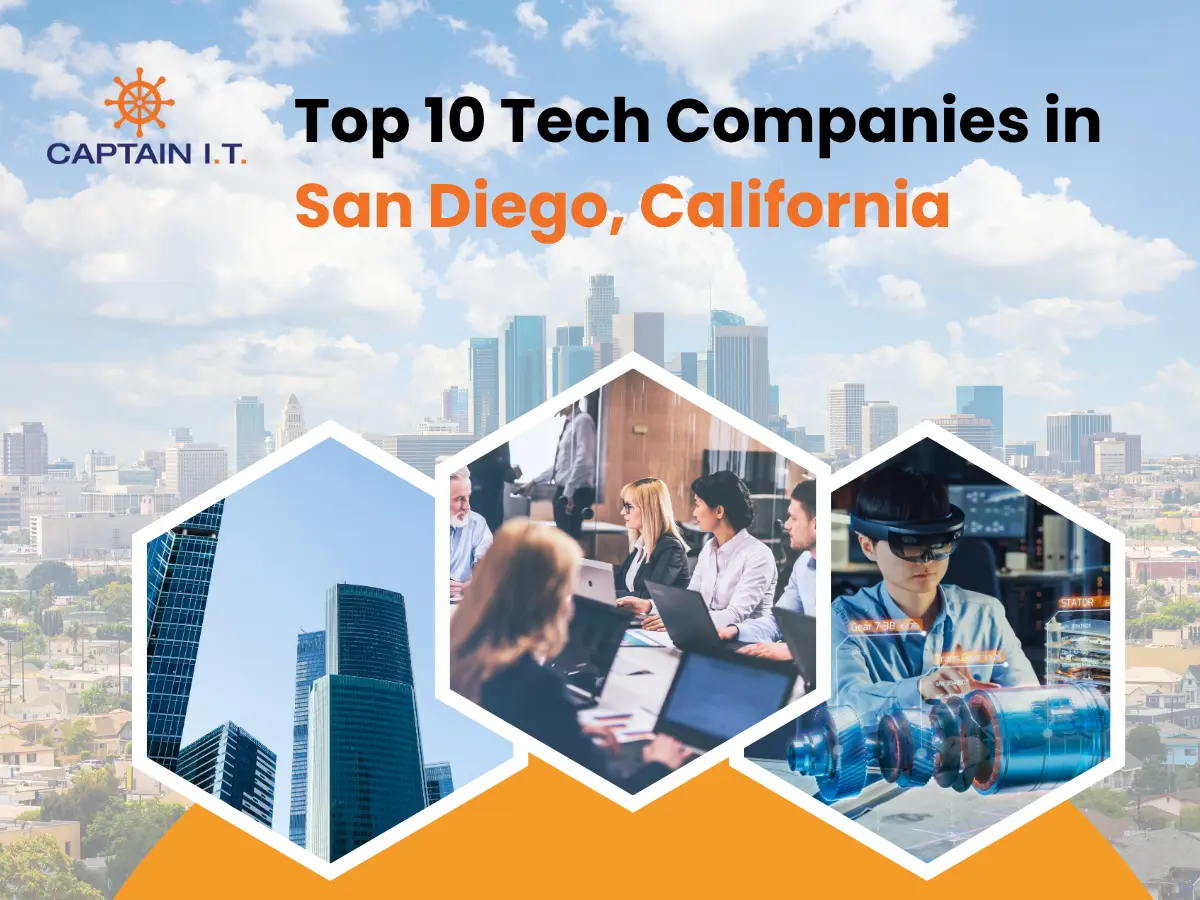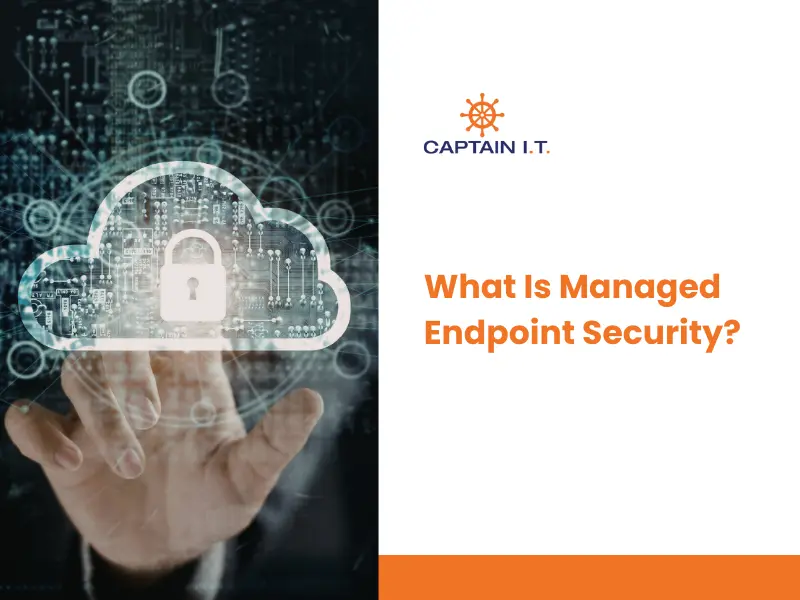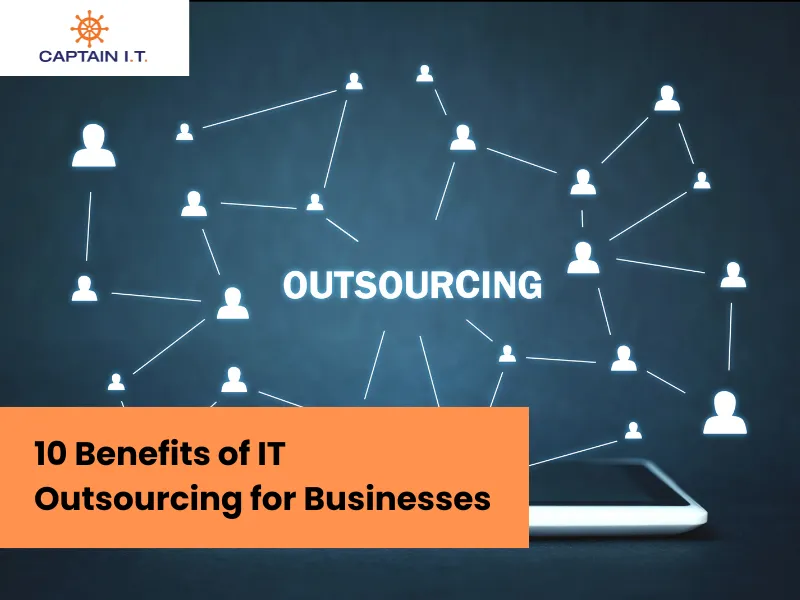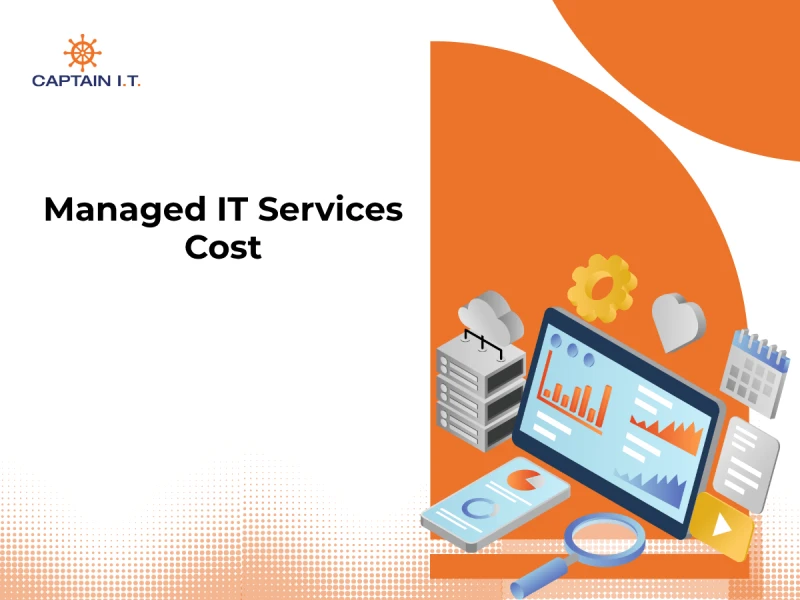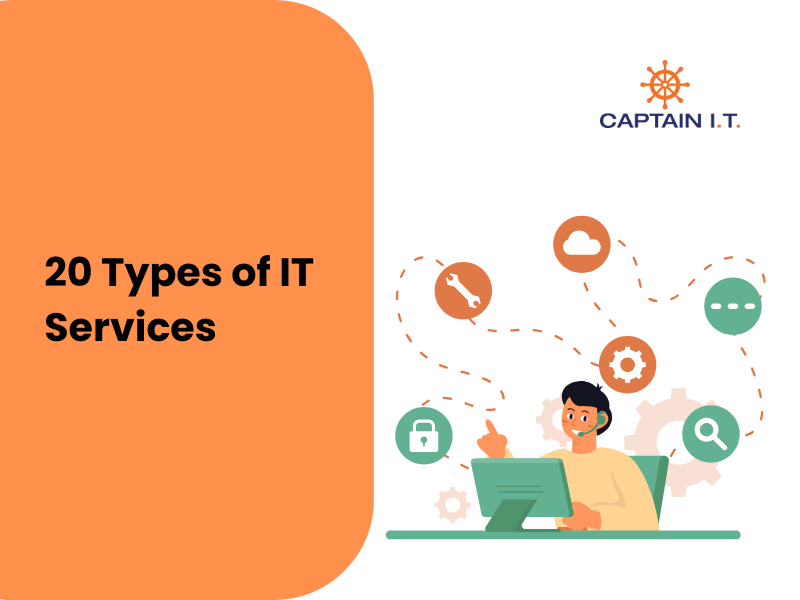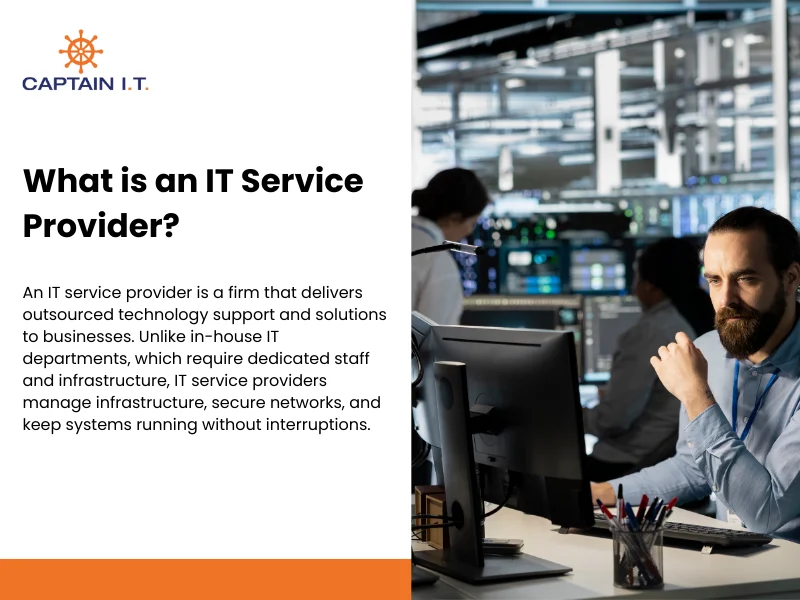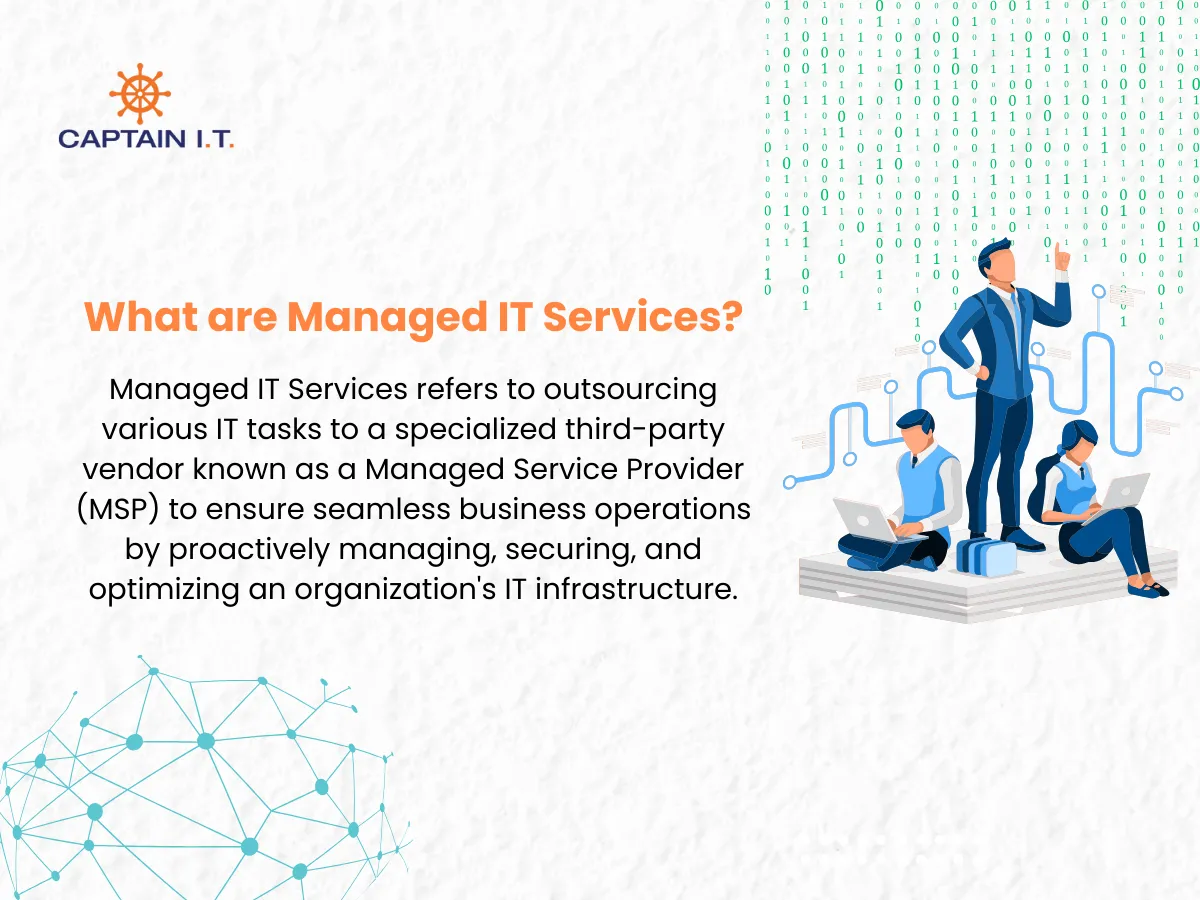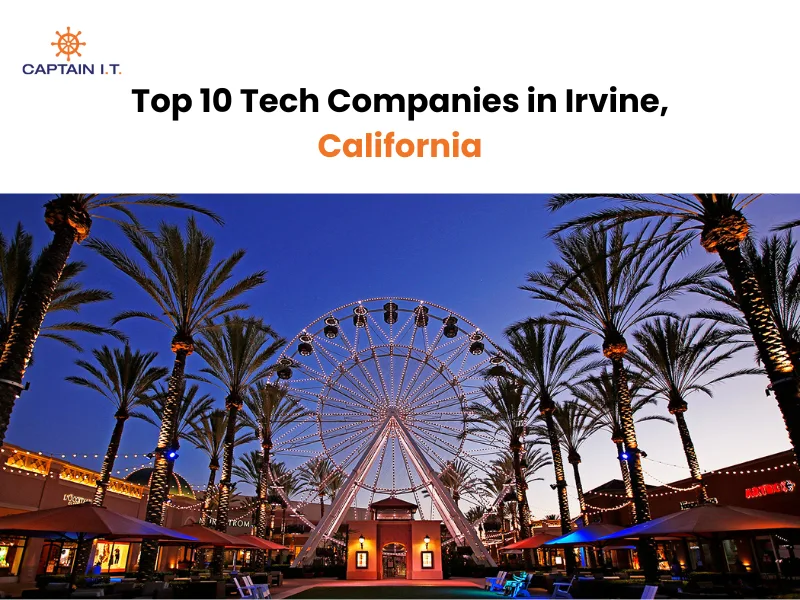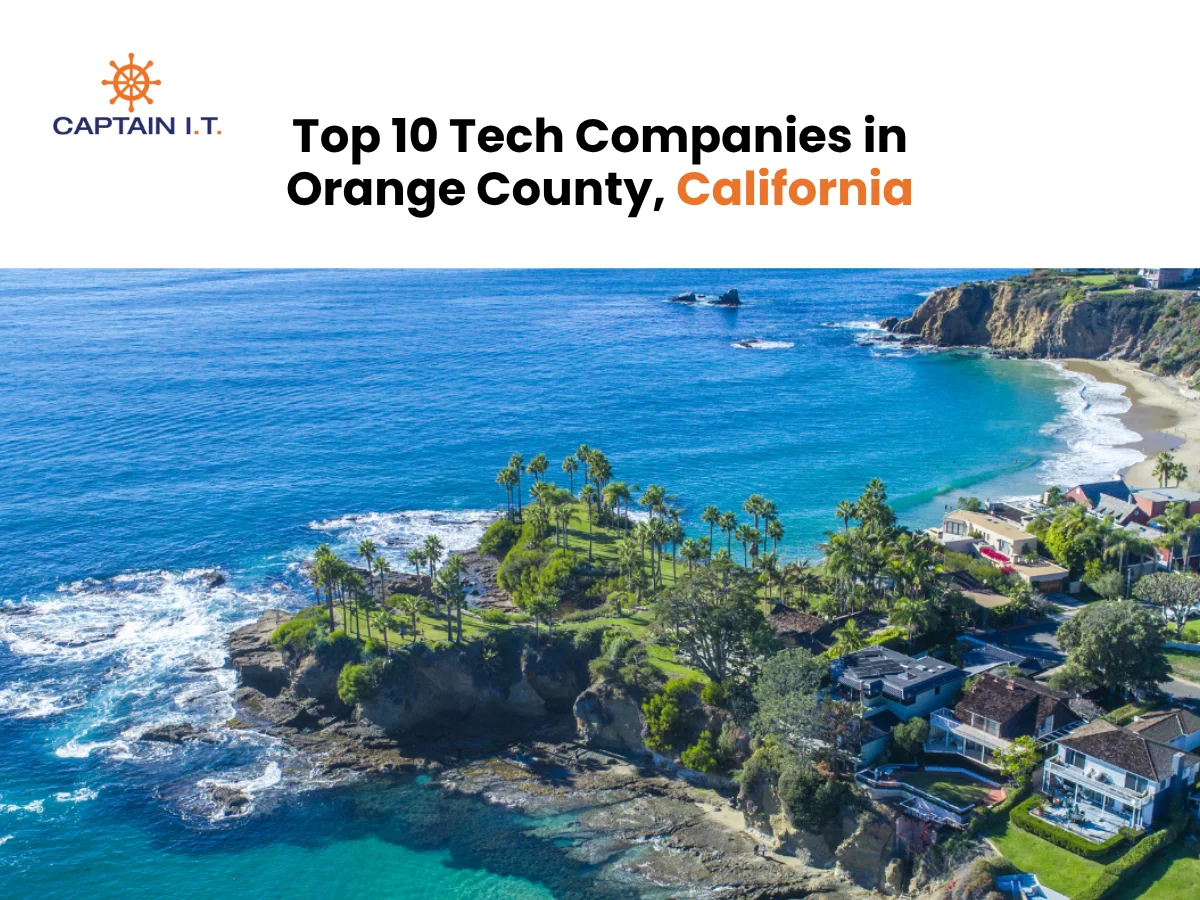San Diego, California, has steadily emerged as a significant technology hub on the West Coast, supported by a blend of established industry leaders and high-growth startups. The city is home to approximately 80,400 tech professionals as of 2023, with an average hourly wage of $62.22, according to CBRE. As part of the broader Los Angeles Metropolitan Area, which boasts a GDP of $1.295 trillion, San Diego contributes a strong share to regional innovation, particularly in semiconductors, biotech, AI, and cloud services.
San Diego’s appeal lies in its strategic coastal location, proximity to top-tier universities, and a highly educated workforce. These factors have attracted and sustained a dynamic mix of companies across sectors like wireless technology, healthcare, SaaS, robotics, and cybersecurity. With a blend of defense contractors, software innovators, and digital platforms, the region continues to play a pivotal role in advancing California’s tech economy.
The city’s collaborative infrastructure, including incubators, R&D institutions, and cross-border logistics advantages, adds further momentum to its thriving tech ecosystem. As businesses increasingly seek reliable digital solutions and resilient IT infrastructure, San Diego remains a top destination for technological innovation and investment.
The top tech companies in San Diego, California are:
- Qualcomm
- ClickUp
- Cloudbeds
- Dexcom
- Intuit
- Brain Corp
- Shield AI
- BlueHornet Networks, Inc
- Altium
- Captain IT
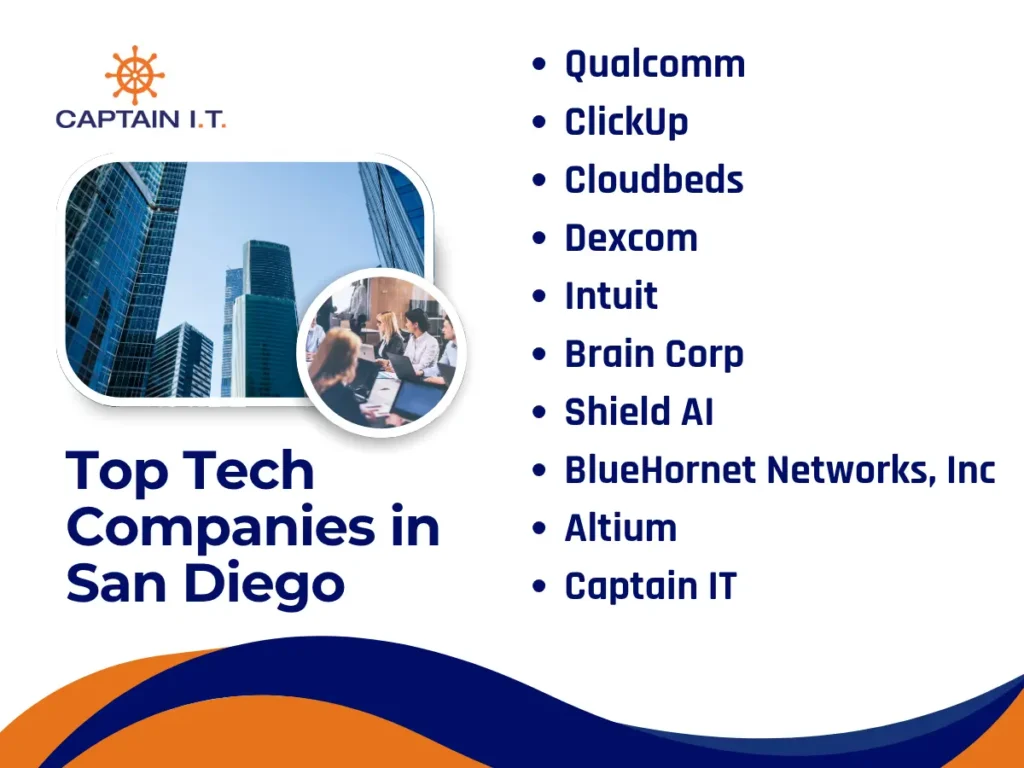
Qualcomm
Qualcomm was founded in 1985 by Irwin Jacobs, Andrew Viterbi, and Franklin Antonio to advance digital wireless communications. Headquartered in San Diego, the company has grown into one of the world’s most influential semiconductor firms, employing approximately 51,000 people globally as of 2024. It holds a prominent place on the Fortune 500 list.
Initially focused on mobile chipsets and CDMA technology, Qualcomm has since expanded its portfolio to power a wide range of connected devices. In recent years, it has made substantial moves beyond smartphones. In 2024, the company reported $38.9 billion in revenue, up from $35.8 billion in 2023. It also announced a projected $22 billion in revenue over the next five years from sectors such as laptops, automotive, augmented reality, and industrial IoT.
Qualcomm is now heavily invested in enabling next-generation computing experiences, particularly through its Snapdragon platforms for PCs and connected vehicles. By fiscal 2029, the company expects to see significant growth across automotive, industrial, and wearable technologies. With a consistent focus on innovation, Qualcomm continues to anchor San Diego’s position as a global leader in wireless technology and advanced chip design.
ClickUp
As one of San Diego’s fastest-growing SaaS companies, ClickUp has redefined modern productivity software since its founding in 2017 by Zeb Evans and Alex Yurkowski. In just a few years, the platform has grown to a team of around 900 employees as of 2024, serving millions of users worldwide. Though not listed on the Fortune 500, ClickUp’s impact on collaborative work solutions has drawn widespread attention.
The company’s roots lie in simplifying task and project management, but recent developments have significantly expanded its scope. In 2024, ClickUp launched ClickUp Brain, an AI-driven work assistant, and ClickUp Chat, a smart messaging tool, which helped push revenue to $278.5 million, marking a 75.4% year-over-year increase.
With a vision to become the “Everything App for Work,” ClickUp continues to integrate time tracking, goal setting, documentation, and communication into a single, AI-powered platform. This ambitious roadmap reflects not just the company’s own growth, but San Diego’s broader evolution into a competitive center for enterprise software innovation.
Cloudbeds
In the global hospitality tech sector, Cloudbeds has emerged as a standout player with deep roots in San Diego’s startup scene. Founded in 2012 by Adam Harris and Richard Castle, the company now employs around 700 people as of 2024 and has earned recognition for streamlining operations in hotels, hostels, and vacation rentals through its cloud-based management platform.
Over the last three years, Cloudbeds has seen remarkable growth, including a 473% revenue increase, earning it a spot on the 2024 Deloitte Technology Fast 500™. The company reported $84.8 million in revenue for 2024, up from $57 million in the previous year, a reflection of increasing global demand for unified property management systems.
Cloudbeds continues to expand internationally, offering an integrated suite that includes booking engines, payment solutions, and guest engagement tools. As the travel industry embraces automation and real-time data, the company is positioned to scale its platform further. Its progress highlights how San Diego fosters innovation beyond traditional tech sectors, extending into travel and hospitality operations worldwide.
Dexcom
At the intersection of health technology and digital innovation, Dexcom has become one of San Diego’s most influential medical device companies. Established in 1999 by Scott Glenn and John Burd, Dexcom specializes in continuous glucose monitoring (CGM) systems and now employs approximately 10,300 people globally as of 2024. It is a publicly traded firm and a member of the Fortune 500.
The company has long been a leader in diabetes care, and recent developments have further solidified that position. In 2024, Dexcom launched Stelo, a CGM device designed for people with prediabetes and non-insulin-dependent type 2 diabetes. It also entered a strategic partnership with ŌURA, integrating glucose insights with smart ring technology. These advancements helped drive annual revenue to $4.032 billion in 2024, marking an 11% increase from the prior year.
Dexcom’s forward strategy focuses on broadening access to CGM technology while embedding its solutions into broader health ecosystems through wearables and data platforms. As demand for personalized and preventive healthcare grows, Dexcom’s expansion signals San Diego’s strong role in the future of connected medical innovation.
Intuit
Though globally recognized, Intuit maintains a key operational presence in San Diego that contributes to its continued growth in the financial technology sector. Founded in 1983 by Scott Cook and Tom Proulx, the company has grown to approximately 18,800 employees worldwide as of 2024 and holds a long-standing position on the Fortune 500 list.
Best known for products like TurboTax, QuickBooks, and Mint, Intuit has recently doubled down on artificial intelligence to transform personal and small-business financial management. In 2024, it forecasted revenue exceeding Wall Street expectations, driven by price adjustments and the adoption of AI-powered tools. Its total revenue for the year reached $16.285 billion, a 13.34% increase from 2023.
Looking ahead, Intuit plans to hire nearly 1,000 AI-focused employees to strengthen its platform’s capabilities in automation, personalization, and smart financial forecasting. This strategic investment reflects the company’s long-term vision to simplify money management through intelligent technology, while reinforcing San Diego’s role in shaping the future of fintech innovation.
Brain Corp
As robotics and automation gain traction across industries, Brain Corp has positioned itself as a key innovator in San Diego’s AI ecosystem. Founded in 2009 by neuroscientist Eugene Izhikevich, the company develops AI software that powers autonomous mobile robots (AMRs) used in commercial cleaning, retail, and logistics environments. It employs approximately 300 people as of 2024 and is privately held.
Brain Corp’s signature technology enables real-time navigation and machine learning on devices like robotic floor scrubbers found in major retail chains. In 2024, the company completed a $32.1 million Series D funding round, contributing to a total of $182 million raised across four rounds to date. These funds support platform scalability and expansion into new automation applications.
As demand rises for intelligent automation in labor-intensive sectors, Brain Corp is extending its AI platform to accommodate a broader range of autonomous machines. Its trajectory exemplifies how San Diego supports the growth of cutting-edge AI startups operating at the intersection of robotics and real-world deployment.
Shield AI
In the defense technology space, Shield AI has emerged as one of San Diego’s most forward-looking companies focused on autonomous aviation. Established in 2015 by brothers Brandon and Ryan Tseng, the company develops AI pilots for military aircraft, with a team of around 400 employees as of 2024. While not on the Fortune 500 list, its valuation and defense contracts place it among the region’s most strategic tech firms.
Shield AI’s autonomous flight software powers unmanned aerial vehicles (UAVs), including the MQ-35A V-BAT, a drone system currently in active deployment. In 2024, the company raised $200 million in funding, bringing its valuation to $2.7 billion, and opened an office in Kyiv, Ukraine, to support operational integration for allied defense systems.
With global security needs evolving rapidly, Shield AI plans to expand its presence in government and allied defense markets. Its long-term focus is on scaling AI pilot technologies that can operate in GPS- and communications-denied environments. This growth reflects San Diego’s important role in advancing national security through dual-use innovation.
BlueHornet Networks, Inc
Specializing in email marketing technology, BlueHornet Networks, Inc. has maintained a quiet yet steady presence in San Diego’s tech community. Founded in 2000 by Jeremy Swift, David Baker, and Chris McGreal, the company operates with a compact team of approximately 100 employees as of 2024 and remains privately held.
BlueHornet initially gained traction by offering a scalable email delivery infrastructure and audience segmentation tools. Today, it continues to serve a diverse client base by enhancing personalization features and integrating behavioral analytics into its platform. While not listed on the Fortune 500, its sustained operation over two decades reflects strong product-market alignment in the martech space.
Looking ahead, BlueHornet aims to expand its analytics capabilities and further refine its platform for performance-based email campaigns. Its longevity and adaptability illustrate how smaller tech firms contribute meaningfully to San Diego’s digital economy by supporting data-driven customer engagement.
Altium
Altium has long been a foundational player in the field of electronic design automation, with deep ties to San Diego’s engineering and hardware sectors. Founded in 1985 by Nick Martin, the company specializes in PCB (printed circuit board) design software used by engineers worldwide. As of 2024, it employs approximately 800 people and is not listed on the Fortune 500.
Over the years, Altium has built a strong reputation for streamlining electronics design workflows through its flagship product, Altium Designer. In a significant strategic move, the company was acquired by Renesas Electronics in August 2024 for $5.9 billion, signaling the increasing convergence between software and semiconductor manufacturing.
With integration into Renesas’s global operations, Altium plans to enhance its cloud collaboration tools and extend its design ecosystem to support more advanced chip-to-board integration. Its continued growth and recent acquisition underscore how San Diego supports scalable engineering software firms with global influence.
Captain IT
While many tech companies in San Diego focus on product innovation, Captain IT plays a different but equally vital role, ensuring those technologies run reliably and securely for local businesses. Founded in 2010 by Anthony Hernandez as Full Service Tech, the company rebranded in 2017 to become a full-service Managed IT Service Provider supporting small and mid-sized businesses across San Diego and Southern California.
Captain IT’s evolution mirrors the changing technology needs of Southern California’s business community. From its early days in residential tech repair, the company has expanded into cybersecurity solutions, cloud support, network management, and strategic IT consulting. Its client base now spans industries such as construction, healthcare, non-profit, and manufacturing sectors that demand always-on, compliant, and scalable IT environments.
As local companies adopt more cloud-based tools, AI applications, and remote work infrastructure, Captain IT is positioned to grow as a trusted partner. Its approach emphasizes proactive support, tailored infrastructure solutions, and cybersecurity-first thinking, helping businesses thrive in an increasingly complex tech landscape. In a region filled with innovation, Captain IT provides the operational backbone that keeps those innovations working securely, efficiently, and with long-term reliability.
